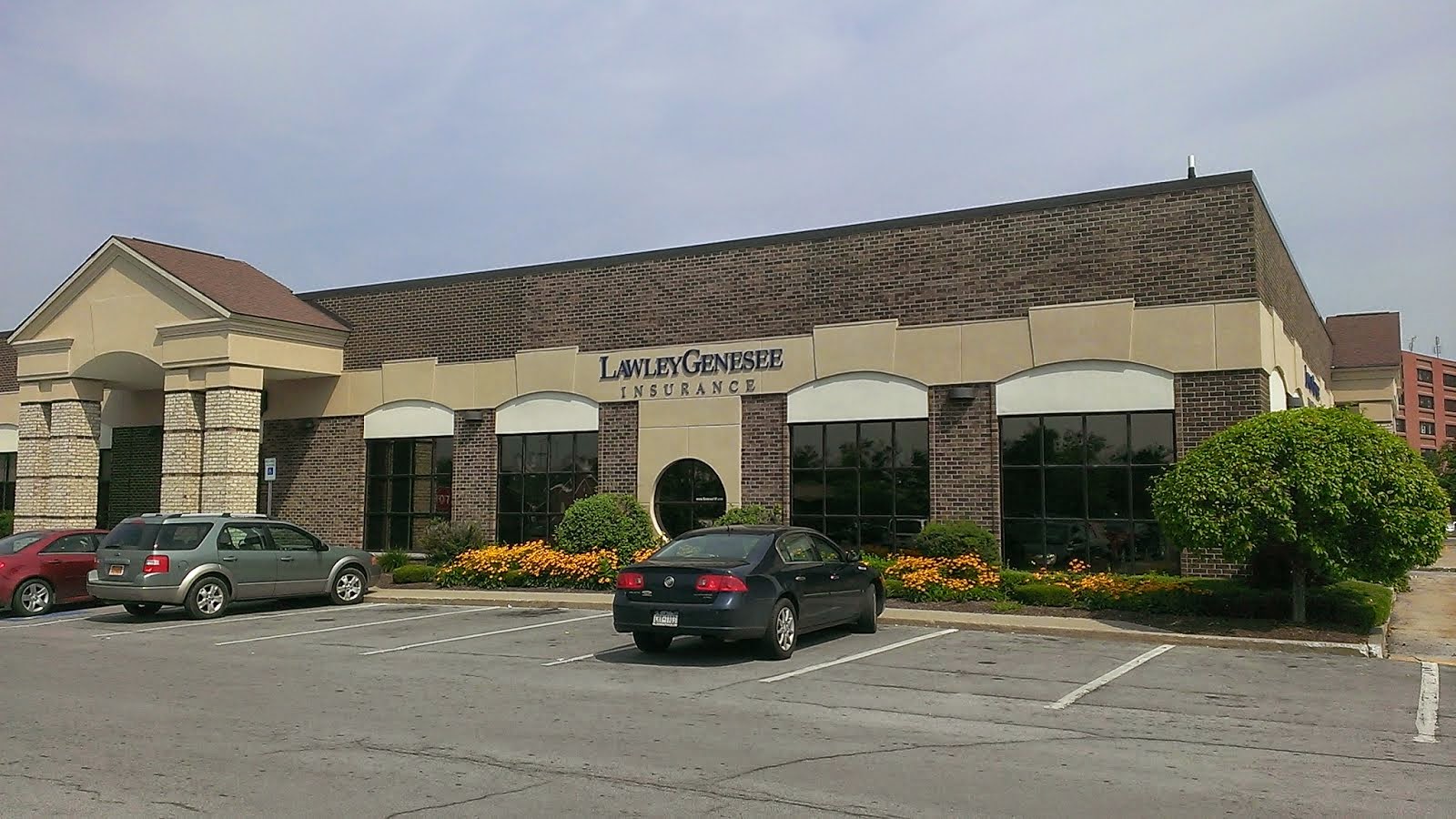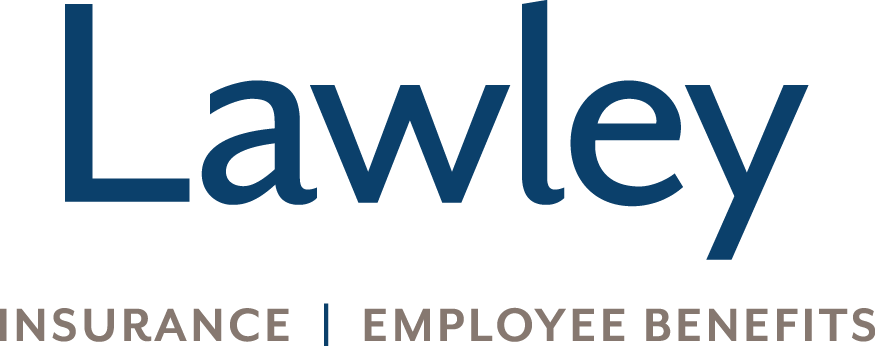Reposted article written by Joe Friedman for Boating Magazine - October 2014
Insurance Assurance
While it may sound like the same thing, buying boat insurance is an entirely different animal from buying car insurance or a homeowner's policy. Here's the lowdown on properly insuring your boat.
THERE ARE ONLY TWO ways you can be sure you are getting the best insurance policy for your boat: Pick the best underwriter and pick a knowledgeable agent. It's just that simple. Most important, do not let price enter into the search. At the end of the day, the extra bucks don't mean a thing when your boat hits a rock.
For example, I know of a very well-heeled guy whose four-year-old $81,000 boat was continually serviced and pampered by a first-class yard. Money was never an object. Circumstances developed in which the boat was wrecked, not due to anything he did wrong. His insurance company, a well-known underwriter, refused to pay off saying it wasn't properly maintained. It took him a year of persistent pestering, cajoling and threatening before it finally paid him the policy's "agreed value" plus an additional $3,000 for accumulated expenses.
Another guy made the unfortunate mistake of assuming that a longtime friend who handled his home and auto policies could also write a policy for his boat. Wrong. The policy as written did not take into account one of the basic caveats of marine insurance "agreed value" as opposed to "actual cash value". To his dismay and surprise, when his $100,000 boat sank, the company offered him $68,000 because that was the value at the time of the incident. When choosing an agent for marine insurance, that person should have familiarity with boats as a bare minimum and, more important, represent a recognized, well respected marine insurer.
How do you effectively find the right underwriter and agent? Between the yacht club/marina bar, the boatyard and the internet, you should be able to come up with the right combination. Ask the guy who handles your personal policies (health, auto, business) if he has experience with boats or if he knows someone who does. Chat up the owner/manager at your yard and find out which company pays the best with the least hassles. Visit as many online forums as possible and she what people are saying - good or bad - about a broker, agent or underwriter. Post your own inquiry on a forum that seems to be on the right page - not one with guys trying to be funny or letting off uncontrolled steam. The information is out there, and it's up to you to do your homework.
Here are some of the things you should be looking for when purchasing a policy. If you plan to leave your "home" cruising grounds, be sure you're covered. This is especially true if you plan foreign cruising to the Caribbean, Canada or Mexico. You might need an endorsement. Look for an arbitration clause under the claim settlement section. It's your guarantee that, when you get into a difference of opinion, you'll have a third party to help make a fair call. See what the deductible is and if it varies depending on the claim issue, like hurricane coverage. Understand what salvage is and how it affects your claim.
Your boat is probably the second-largest investment you'll ever make. Take time to explore and understand your insurance options, and remember, price should not e the issue.
Does everyone need insurance? Yes....and no. At some point, insuring a boat is just a waste of money. As the value of the craft approaches the cost of the annual premium, it's time to re-evaluate. Even so, you should never be without adequate liability insurance. Accidents to happen, and you could be in a situation in which someone is seriously hurt or you caused major damage to another boat or facility. A minim coverage of $500,000 is recommended, and based on your individual situation, it could be considerably higher. We live in a litigious society, and your agent should be able to suggest meaningful coverage to keep you protected in case of an accident.
Boating Magazine.com October 2014
As the article states... buy your boat insurance from someone who knows boats and has a good understanding of the special coverage available for watercraft. While boat insurance is offered by many insurance companies, not all policies are the same. Choose one who has a marine division so your claim isn't being handled by the same adjuster who also works on home or auto claims.
Tom Ditzel
Lawley Genesee
Foremost Marine Insurance Specialist
585-344-9505
800-807-1055 Ext 6505
tditzel@lawleyinsurance.com



